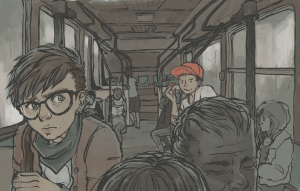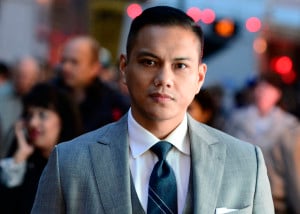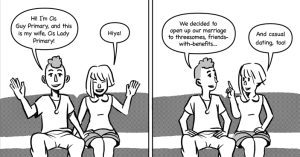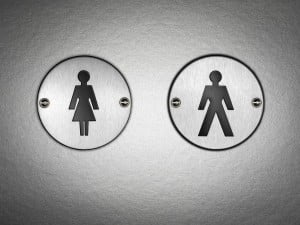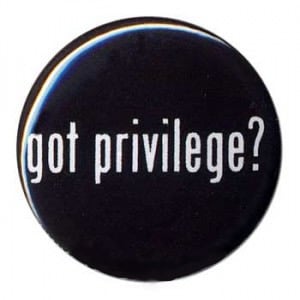[Title card: Japanese Americans look back on WWII Incarceration]
Tadashi “Tad” Yoshii: My parents, upon leaving, they lost their restaurant. That was their livelihood. I saw my father cry, because for twenty years, he worked so hard, and they just took everything out of him.
[Title card: In 1942, President Roosevelt authorized the incarceration of 120,000 people of Japanese ancestry without due process. Two-thirds were American citizens.]
Hisako June Kuge: They told us, “You can have one suitcase.”
Gloria Imagire: We first went to what was called an “assembly center.”
Hisako: There was four of us in this one horse’s stall.
Ben Takeshita: This is our family number that we are assigned to. We have to keep it on our clothing. We had to wear this wherever we went, especially when we were assigned to different places.
[Title card: Those incarcerated spent an average of three months in detention facilities before transferring to more permanent incarceration camps.]
Hisako: We got on a train, and they had all the blinds closed so we couldn’t open them up. We ended up—they assigned us in barracks.
Hiroshi Kashiwagi: There were these guard towers where centuries were stationed with their firearms.
Tadashi: My brother was in the Army. He was fighting over there in Italy and Southern France. And his mother and father and his younger is in a camp.
[Title card: Those incarcerated started to be released in 1945.]
Ben: So when I got into high school, I felt very strongly of assimilation, so I joined the Junior Statesmen Club, the German Club, the high school band, and the a cappella choir.
Gloria: I did feel I had to prove my American-ness. I wanted to just blend into the woodwork and not make any waves or anything.
Ben: When the Korean War started in 1950, I enlisted in the US Army, and I served my three years to prove my loyalty.
Tadashi: I don’t think I ever felt like I should prove my American feelings of loyalty. I was born an American, and everything I read and studied and learned, was that I was an American.
[Title card: Would the US government ever incarcerate people like this again?]
Tadashi: Well, right now, they’re talking about Muslims. They don’t want Muslims to come in. You know? But I don’t think that’s right.
Gloria: What’s happening to the Muslims right now, it’s really close to the hearts of the Japanese-Americans. Because it happened to us.
Tadashi: Especially during a crisis, people forget the Constitution and what it guarantees for everyone, and so we have to be on guard, constantly. Otherwise, some of these people will take over and make it difficult for certain people.









